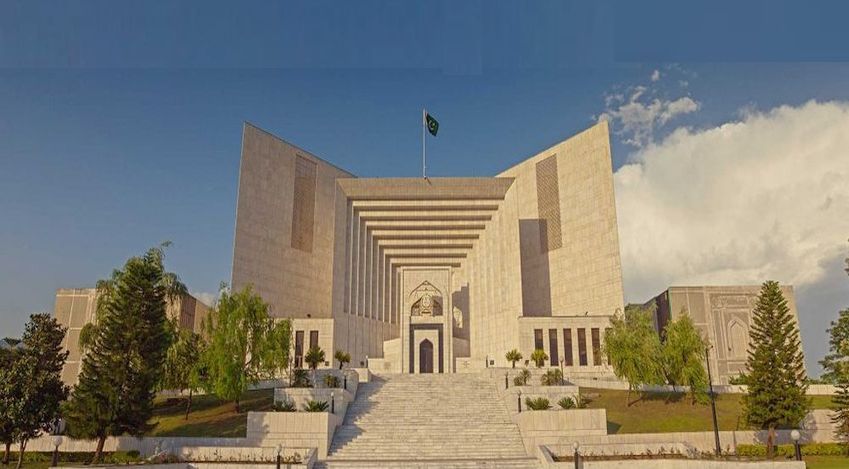Supreme Court of Pakistan Asserts Judicial Independence, Restricts Administrative Overreach
Islamabad 28-01-2025: In a landmark judgment, the Supreme Court of Pakistan reinforced the sanctity of judicial independence, ruling that administrative bodies cannot override or nullify judicial orders through administrative decisions. The case stemmed from non-compliance with a judicial directive concerning the fixation of cases [CPLA No. 836-K of 2020] before a Bench. The judgment addressed the limits of administrative powers under the Supreme Court of Pakistan (Practice and Procedure) Act, 2023, and Article 191A of the Constitution, while reaffirming the exclusive authority of judicial Benches over cases they have commenced hearing.
The Court declared that Committees constituted under Section 2 of the Supreme Court of Pakistan (Practice and Procedure) Act, 2023, and Article 191A of the Constitution lack the authority to withdraw part-heard cases from a Bench. Such actions, it ruled, violate judicial independence and the rule of law.
The judgment affirmed that every Bench has the inherent authority to determine its jurisdiction, including addressing constitutional amendments that might affect its powers. It emphasized that jurisdictional questions are integral to judicial proceedings.
The Court unequivocally held that administrative orders, including those by Committees, cannot nullify or alter the effect of judicial orders. The sanctity of judicial directives is paramount to maintaining public confidence in the judiciary.
The Additional Registrar (Judicial) of the Supreme Court of Pakistan, who was issued a show-cause notice for non-compliance, was exonerated. The Court found no evidence of willful defiance or mala fide intent on his part. However, the Court referred the question of contempt against members of the Committees to a Full Court for final adjudication, emphasizing the gravity of the issue.
The Court stressed that arbitrary withdrawal or reassignment of cases undermines the integrity of the judicial process. It ruled that part-heard cases could only be reassigned under exceptional circumstances, such as recusal or a judicial request by the Bench.
Key references included Pir Sabir Shah Vs. Shad Muhammad Khan (PLD 1995 SC 66), Fazlul Quader Chowdhry Vs. Abdul Haque (PLD 1963 SC 486), Contempt proceedings against Syed Yousaf Raza Gillani (PLD 2012 SC 553), and Human Rights [Case No. 14959-K of 2018] (PLD 2019 SC 183).
The Supreme Court of Pakistan ordered that the original Bench (comprising Mr. Justice Syed Mansoor Ali Shah, Ms. Justice Ayesha A. Malik, and Mr. Justice Irfan Saadat Khan) resume hearing the cases in the first week of February 2025. The Full Court will address the question of contempt against Committee members.
Powered by Froala Editor








